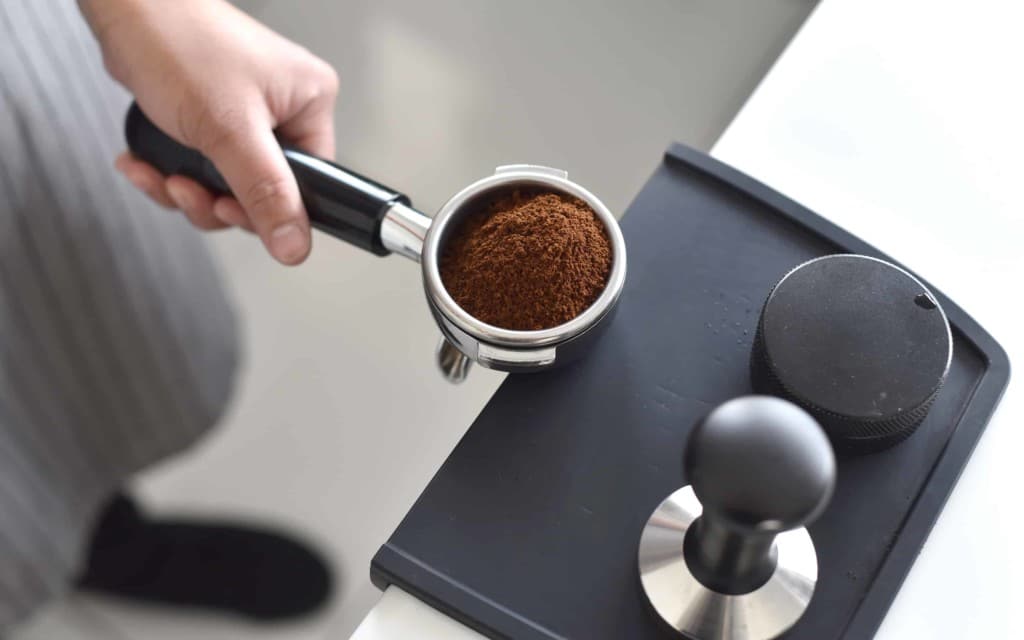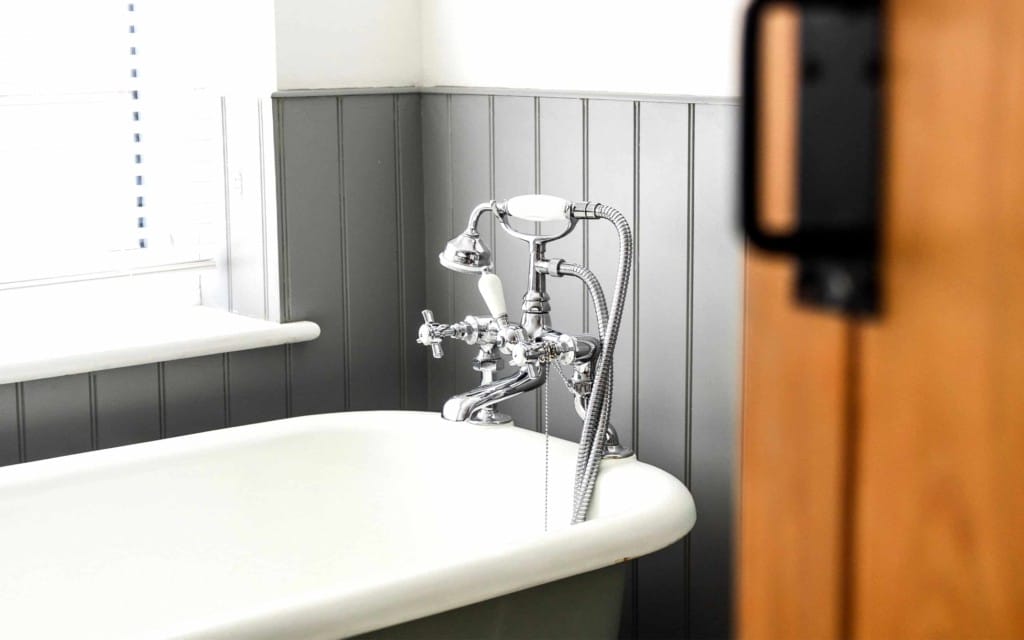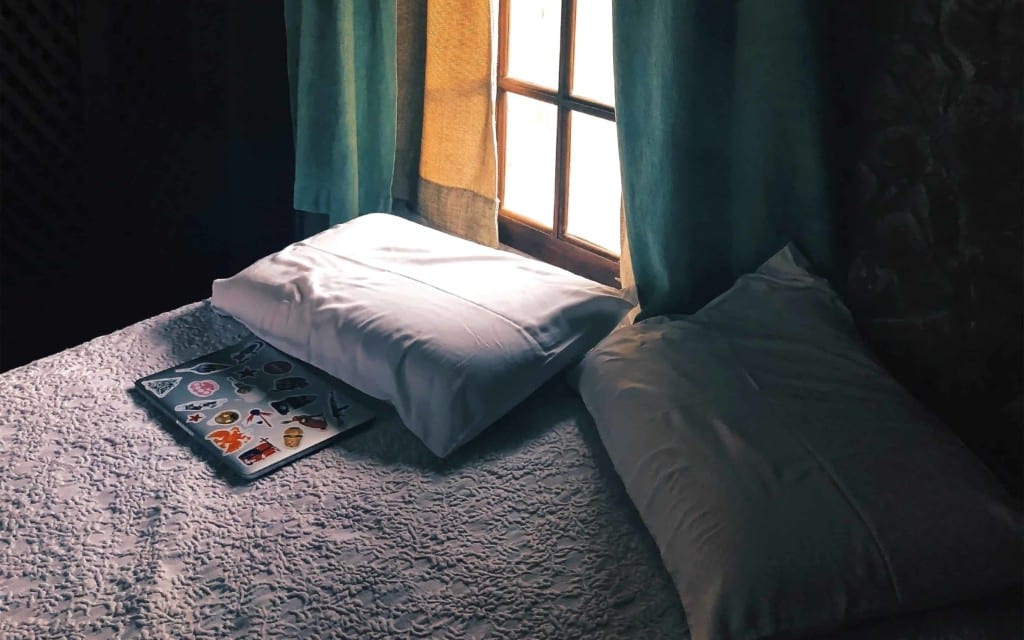The effects of sleep deprivation are often more serious than people think.
You know that missing sleep can make you crankier, and more exhausted. But, did you also know that loss of sleep increases your chances of falling victim to various acute and chronic illnesses?
Your body relies on a regular sleeping pattern to keep you up and working at peak performance. If you’re not sleeping enough, then your immune system stops working properly. Additionally your emotional responses go off the charts, and you may even discover that you’re not producing crucial hormones and proteins the way you should be.
Unfortunately, sometimes, sleep deprivation is something that we just can’t avoid. If you’re trying to cope with a night of no sleep, here’s how to deal with sleep deprivation.
Dealing with sleep deprivation step 1: Go outside
There’s a reason why there’s such a huge market for sunrise alarm clocks that mimic the natural light of the great outdoors. Sunlight is one of the most important factors in regulating your circadian rhythm.
When you expose yourself to natural light, you remind your brain of when you need to be awake and alert. This means that you begin producing cortisol — the substance that keeps you active.
At night, when the light diminishes, you produce melatonin — the stuff that helps you to sleep instead. Being outside also helps you to produce vitamin D — the substance that’s essential to your energy and positivity levels.
Getting some sunlight into your morning after a night with no sleep will improve your mood and give you focus. It will even rev up your immune system.

Dealing with sleep deprivation step 2: Deal with your blood sugar
Often, when people are figuring out how to deal with sleep deprivation, they’ll find themselves reaching for nutritional stimulants, like sugar or caffeine.
As tempting as it may be to fill your day with cups of coffee and pieces of chocolate, the last thing you want to do is deal with sugar crashes when you’re already exhausted.
Sugar and caffeine ramp up your energy levels quickly. Unfortunately they also leave you feeling more drained and overwhelmed when they’re finished metabolizing.
This means that eating too much sugar or drinking excessive caffeine when you’re sleep-deprived could make you feel worse and more emotional.
At the same time, when you’re sleep-deprived, your ability to metabolize food is impaired, which means that you’re more likely to gain weight.
Work on balancing your glucose levels with foods that release energy slowly, like complex carbohydrates or protein.
Dealing with sleep deprivation step 3: Consider supplements
Another option to consider when wondering how to cope with sleep deprivation is supplements.
If you’re not sure you can get all the nutrients and minerals your body needs to thrive into your day, then there are supplements and vitamins out there to help you.
Just as natural solutions can help you to get to sleep, they can wake you up too. Some people find B-complex vitamin supplements offer an instant boost in mental clarity and alertness.
B-complex vitamins metabolize the fuel in your food and help you to access energy faster. One dose in the morning, and another in the early afternoon could make a world of difference.
Make sure that you don’t overdose on various vitamins, however. If sleep deprivation is a common situation for you, seek guidance from a doctor.

Dealing with sleep deprivation step 4: Try a bath or shower
When you’re struggling after a night with no sleep, or you’re dealing with perpetual sleep deprivation, the power of a cold shower can be astronomical. The sudden change in temperature will shock you into waking up and get the adrenaline in your body pumping.
However, it’s not the most pleasant way to revitalize yourself.
An alternative option could be to try an Epsom salt bath before work. Make sure that the water in your bath isn’t too hot and soak yourself in Epsom salts for as long as possible.
The magnesium and sulfate could help you to feel better overall. However, it’s worth noting that the science behind Epsom salt baths hasn’t been entirely conclusive thus far.
Dealing with sleep deprivation step 5: Stay hydrated
When it comes to coping with sleep deprivation, there are few things more crucial than staying properly hydrated.
When you’re missing sleep, your brain and body are searching for energy everywhere. This means the body will use up water and essential salts in your system faster. You’ll need to drink a lot more water than you usually do to compensate.
If you’re dehydrated on top of being sleep deprived, you’ll feel even worse, as dehydration causes fatigue.
Remember, because your insulin response is impaired by sleep deprivation too, your kidneys will flush excess sugar from your bloodstream into your urine.
If you’re eating a lot of sugar because of limited willpower, this will contribute to dehydration too.
Keep a large bottle of water with you at all times and make a habit of sipping at it as you work.

Dealing with sleep deprivation step 6: Hold off on big decisions
Most of the time, it’s always a good idea to focus on getting the toughest jobs in your day done first. However, when you’re sleep-deprived, you’ll want to avoid as many challenges as possible.
Studies have proven that sleep deprivation has the same impact on your brain as drinking too much. With that in mind, it’s probably not a good idea to make any life-changing decisions or focus on projects that could cost you your job.
If it’s possible, rework your schedule so you can give yourself a reasonably easy day after losing out on sleep.
Hold off on anything important until your brain and logical reasoning processes are back to normal. That way, you’re less likely to make a mistake that will come back to haunt you in the long-term.
Dealing with sleep deprivation step 7: Exercise
We know, you’re exhausted.
The last thing you want to think about, when figuring out how to cope with a lack of sleep, is exercising.
However, getting some exercise into your schedule could be one of the best methods of dealing with a lack of sleep. Exercising takes out the “trash” in your body. Exercising helps flush out toxins from your brain and body, when it didn’t happen during sleep.
Increased oxygen and blood flow in your brain from even mild exercise can instantly have a massive impact on your brain’s ability to process thoughts clearly.
Research even suggests that exercise delivers a significant boost in brain-derived neurotrophic factor or BDNF. That’s a protein in the brain that helps with cognitive processing.
Exercise will also stimulate endorphins, which improves your mood, and makes you more fun to be around.
Stick to something gentle, like outdoor yoga where you can soak up the sun, or a quick jog.

Dealing with sleep deprivation step 8: Take a power nap
Napping can both harm and improve your sleep cycle, depending on how you use it.
If you take too many naps or sleep for too long, then you’ll disrupt your circadian rhythm. It will make it harder for your mind to shut down, when you want to actually sleep.
However, if you can fit a quick power nap into your day, then you might be able to clear away some of the brain fog of sleep deprivation.
Spending 10-20 minutes sleeping when you’re on your lunch break could be an ideal way to jolt yourself back into alertness, when you’re feeling exhausted.
If you need longer than 20 minutes, you could also consider a 90-minute nap, which will allow you to go through all of the stages in your sleep cycle.
When you’re considering how to deal with sleep deprivation, make sure you don’t take any long naps too close to your scheduled bedtime.
Dealing with sleep deprivation step 9: Have regular breaks
Just as it’s important to give yourself an easier day with simpler tasks, you also need to give yourself breaks when you’re working.
If you’re forced to go to the office after a night without sleep, then you’re going to be contending with a brain that finds it hard to focus. Short breaks during the day will allow your brain to manage the information you’re taking in more easily.
There are plenty of ways that you can alleviate both your brain and eyes throughout the day. For instance, consider placing your hands over your eyes for about ten seconds and focusing on deep breathing in between tasks.
Every hour, you can also set your timer and push yourself to stand up and get out of your chair. Stretching out your muscles will keep you awake.
You could even walk to the bathroom to splash some cold water on your face. You’ll get a shock and a quick jolt of energy!.

Dealing with sleep deprivation step 10: Don’t sleep in
Finally, when you’re sleep-deprived, there’s a good chance that all you’ll want to do is take a day off and stay in bed for as long as you can.
However, sleeping in way past your usual bedtime is never a good idea.
As tempting as it is to try and make up for your sleep debt with one day of indulgence, the best thing you can do for good sleep hygiene is maintain a consistent schedule.
Sticking to an even sleeping and waking schedule, even when you’re exhausted, will help your body and mind fall back into a regular routine.
Your body naturally anticipates what you’re going to do based on your schedule and gets your systems ready accordingly.
Stick to the same routine as much as you can.
If you need to sleep in a little bit to recoup some extra energy, you can always consider giving yourself an extra 20-30 minutes each morning or going to bed slightly earlier each night for a while.
It’s going to be rough when you’re trying to figure out how to deal with sleep deprivation, but you’ll get back into a good routine again much faster this way.
How to deal with lack of sleep: Give yourself a break
Learning how to deal with little sleep, or constant sleep deprivation isn’t easy.
The body and mind relies on a regular sleeping pattern, and plenty of rest to work properly. If you have a period of sleep deprivation in your life, then you’re going to need to dedicate some time to a recovery period.
Focus on taking things easy and giving yourself a break. Remember that you’re likely to be a lot more emotional than usual. You’re going to need to be patient with yourself and try not to expose yourself to too many overwhelming situations.
When you’re sleep-deprived, try to avoid taking on too much extra work or additional challenges too. Put aside your ego and your guilt and remind yourself that you need to look after your body and mind.
If you need a few days to get back to normal and rediscover your routine, that’s okay. The more you make dealing with sleep deprivation a priority, the faster you’ll start to feel like your normal self again.
When you do go to bed the next night after struggling with sleep, it’s a good idea to ensure that your bedroom is well-suited for rest.
Get rid of anything that might be distracting you, like a ticking clock on the wall, or your flashing phone.
Make sure that your bedroom is dark, cool, and quiet, and follow your typical routine. You can also find more guidance for a good night’s sleep, here at Siestio.
If your sleep deprivation issues continue, seek help from a doctor to find out what’s causing you to miss your slumber.
Siestio. Sleep Matters.
General advice disclaimer
This article contains general tips and advice. However, no diet or exercise program should be started without consulting your physician or other industry professional first. For more information read our full disclaimer here.







